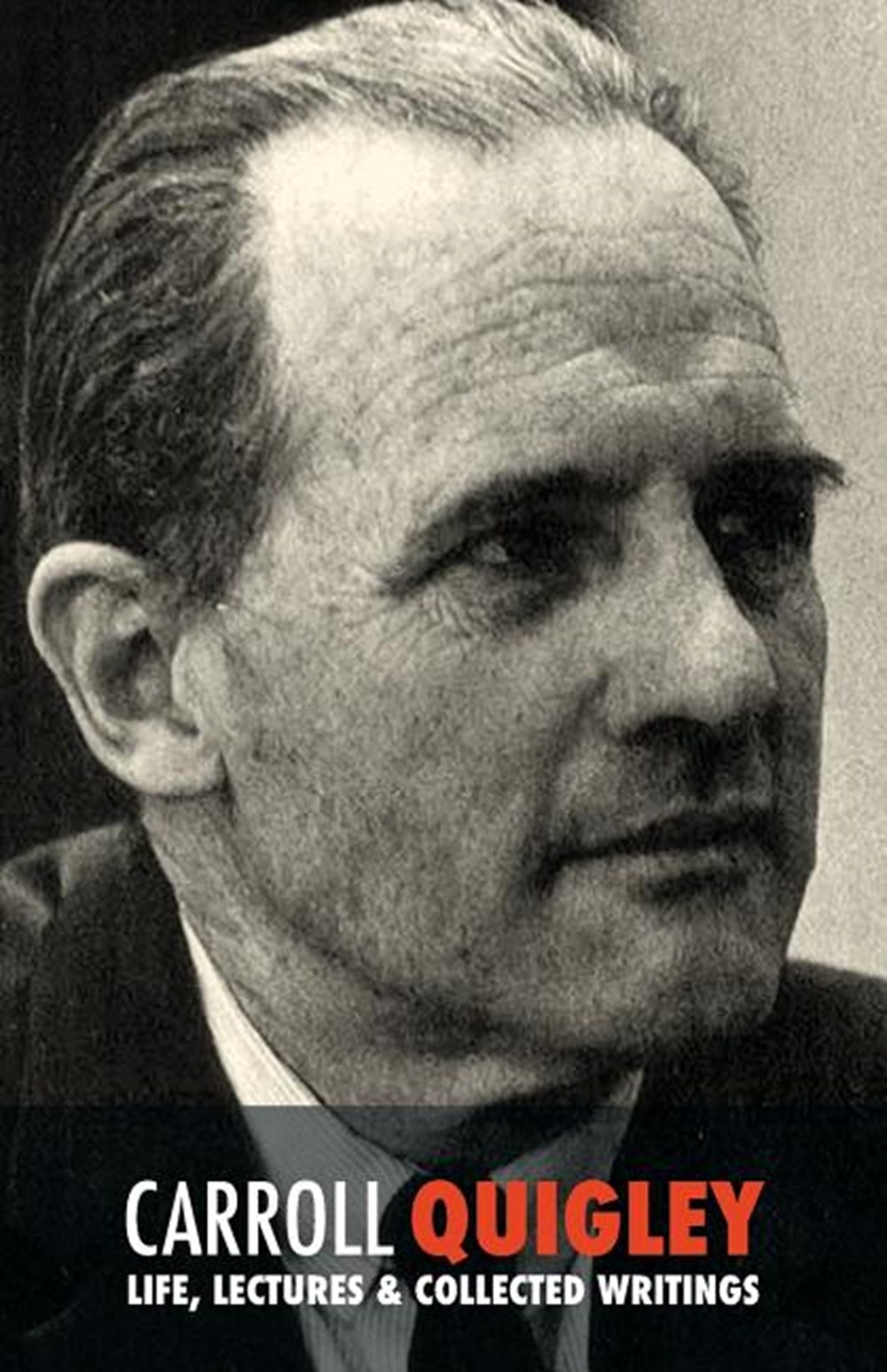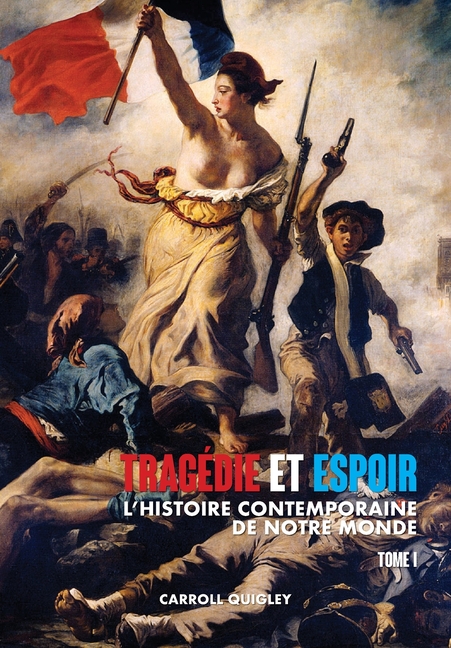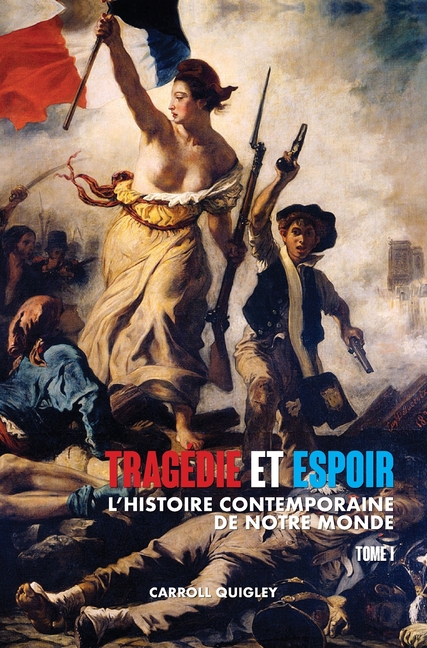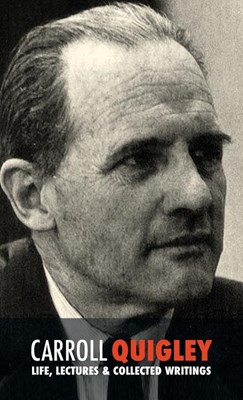
Carroll Quigley: Life, Lectures and Collected Writings (Eco)
(Depends on publisher)
In the fields of economics we have great recognition for names likes Keynes or Friedman. Professor Quigley, though a top American historian, has escaped our attention. This book, which is a compilation of some of Quigley's writings and most important lectures, is an attempt to fill the void.
| Quantity | Price | Discount |
|---|---|---|
| List Price | $22.10 |
$22.10
Book Information
| Publisher: | Discovery Publisher |
|---|---|
| Publish Date: | 08/08/2018 |
| Pages: | 378 |
| ISBN-13: | 9781788949545 |
| ISBN-10: | 1788949544 |
| Language: | English |
Full Description
Professor Carroll Quigley was a top American historian and theorist on the evolution of civilizations. He believed that knowledge cannot be divided into parts, that the world can be viewed only as an interlocking, complex system. This view complemented his life: he had reveled in the traditions and contrasts of his neighborhood, eschewed fame in favor of keeping his emotional and social development on track.
In an age characterized by violence, extraordinary personal alienation, and the disintegration of moral values, Quigley chose a life dedicated to rationality. He wanted an explanation that in its very categorization would give meaning to a history which was a record of constant change. Therefore the analysis had to include but not be limited to categories of subject areas of human activity. It had to describe change in categories expressed sequentially in time. It was a most ambitious effort to make history rationally understandable.
On such views, in 1961 Quigley published The Evolution of Civilizations. Its scope was wide-ranging, covering the whole of man's activities throughout time. It attempted a categorization of man's activities in sequential fashion so as to provide a causal explanation of the stages of civilization.
In 1966, Quigley published Tragedy and Hope, a work of exceptional scholarship depicting the history of the world between 1895 and 1965. It was a commanding work, 20 years in the writing, that added to Quigley's considerable national reputation as a historian. The book reflected Quigley's feeling that "Western civilization is going down the drain." That was the tragedy. When the book came out in 1966, Quigley thought the whole show could he salvaged; that was his hope.
In the last 12 years of his life, from 1965 to 1977, Quigley taught, observed the American scene, and reflected on his basic values in life. He was simultaneously pessimistic and radically optimistic. Teaching was the core of his professional life and neither his craving to write nor his discouragement with student reaction of the early seventies diminished his commitment to the classroom.
Unlike his underlying faith in the efficacy of teaching, Quigley found little basis for optimism about the future of American society: "We are living in a very dangerous age in which insatiably greedy men are prepared to sacrifice anybody's health and tranquility to satisfy their own insatiable greed for money and power."
In the fields of economics we have great recognition for names likes Keynes or Friedman. Professor Quigley, though a top American historian, has escaped our attention. This book, which is a compilation of some of Quigley's writings and most important lectures, is an attempt to fill the void.






